There are few better places to be than Provence in July. The sunflowers are in bloom, the region’s cherries are in season, the Tour de France passes through, and there are a number of arts festivals: performing arts in Avignon, classical music in Aix-en-Provence – and world-class photography in Arles. Founded in 1969 by Lucien Clergue, Michel Tournier, and Jean-Maurice Roquette, Les Rencontres d’Arles fills the town, which once inspired Van Gogh, with compelling contemporary imagery. This year the 58th edition deals with themes such as political upheavals, Latin America, and the nature of urban experience, across 40 exhibitions and 250 artists – and there are dozens of unofficial sidebars too.
Michael Wolf: Life in Cities
The range of Wolf’s work impresses in a retrospective that follows his development from photojournalist to visual artist. Within the airy venue of L’Église des Frères-Prêcheurs, it begins with Wolf’s graduation project of 1976: black-and-white reportage of the deprived mining town of Bottrop-Ebel. But it is in the shift from rural to urban that Wolf is at his best. He brings colour and abstract beauty to angular skyscrapers in Tokyo, Chicago, and Hong Kong. A black sense of humour is also evident: he captures the despair of a businessman within a 100-storey building, the sweat-drenched existence of a commuter or, in recent work, unexpected scenes on Google Maps, with one man caught urinating between cars.
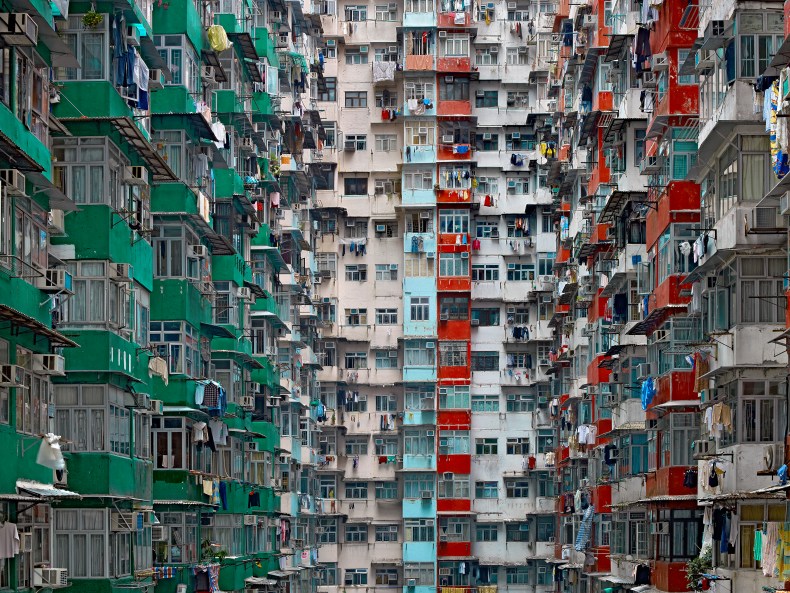
Architecture of Density (2005–09), Michael Wolf. © the artist
Niels Ackermann & Sébastien Gobert: Looking for Lenin
The 5,500 statues of Lenin that once stood in Ukraine have either been removed or altered. Ackermann and Gobert have found and photographed some of the remains in all manner of places, such as car boots and forests. There’s an irony in seeing the great theoretician and revolutionary in such circumstances, but also a message about the situation in modern Ukraine.
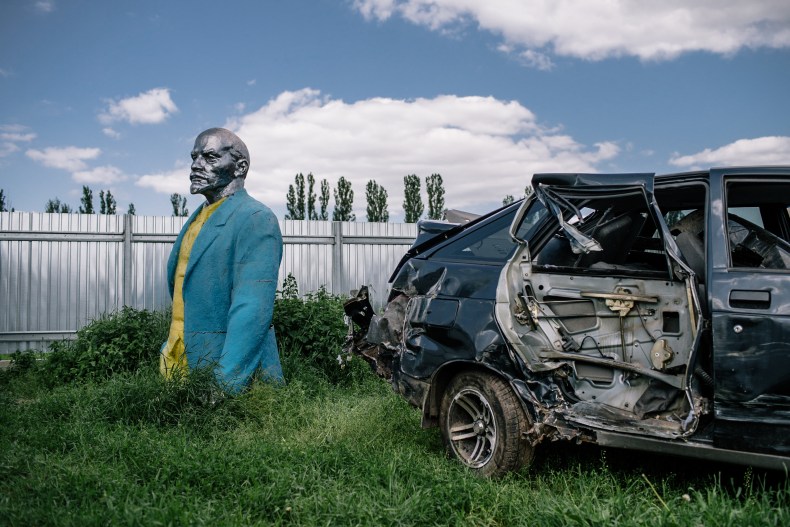
Korzhin, 3 June 2016 (2016), Niels Ackermann & Sebastien Gobert. Courtesy of Niels Ackermann/Lundi13
Urban Impulses: Latin American Photography, 1960–2016
This enormous survey of Latin American photography at the Espace Van Gogh features 111 works and draws on the collection of Leticia and Stanislas Poniatowski. The Chilean photographer José Moreno is represented by delicate portraits of prostitutes in his series Calle San Diego (1977); Juan Enrique Bedoya shows hilarious images of short, chubby men in Batman costumes and wrestling gear and Jesus Ruiz Duran channels the best of Henri Cartier-Bresson.
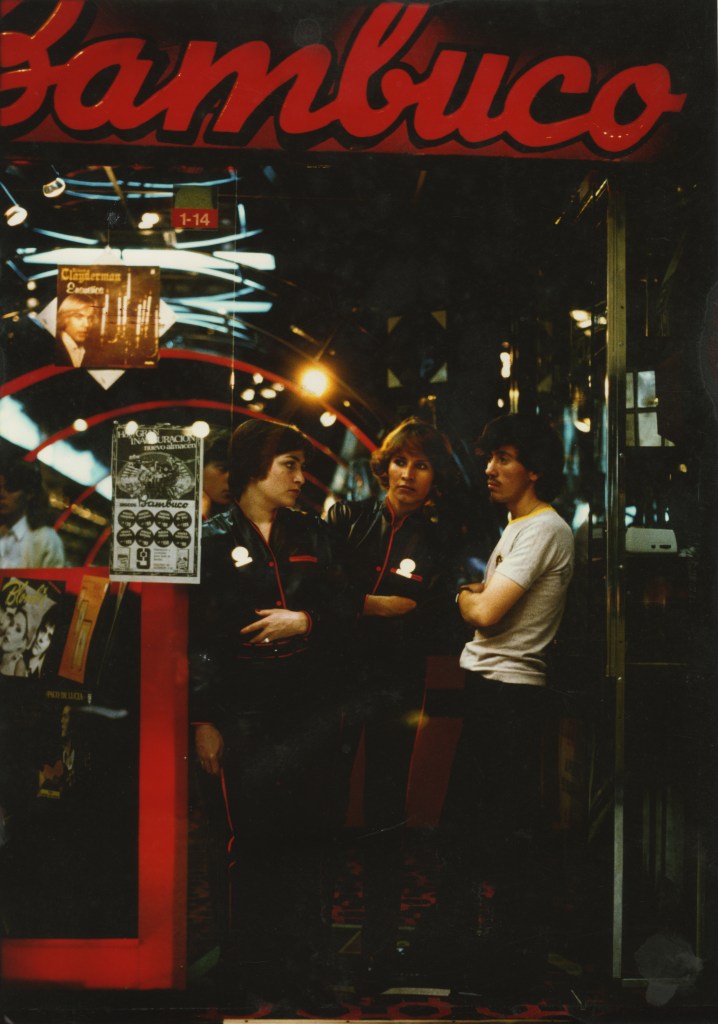
Bambuco (1977), Vika Ospina. Courtesy the artist
Joel Meyerowitz: Early Works
Fifty early works by Meyerowitz from the 1960s and ’70s uncover the origins of street photography in America. Meyerowitz befriended Robert Frank in 1962, and was inspired to document the streets of New York City, Florida, and beyond. His characters look uncertain, vulnerable, alien – one is even in a spaceship, as in Woman in Space Capsule (1964). Meyerowitz was one of first street photographers to shoot with colour film, and we see Broadway in 1976 as a burst of energy.
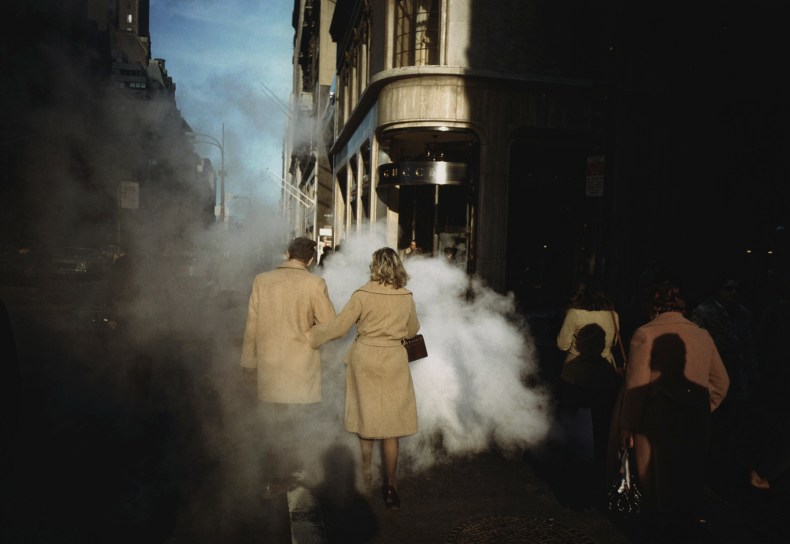
Camel Coat Couple in Street Steam, New York City (1975), Joel Meyerowitz. Courtesy of the artist and Howard Greenberg Gallery.
Masahisa Fukase: The Incurable Egoist
Masahisa Fukase (1934–2012), was born in Hokkaido and grew up in the surroundings of his father’s portrait studio. The photography he has produced ever since has been inward-looking, feeding an obsession with his own image. One section shows Fukase’s most intimate moments with lovers and friends – and how the photographer undermines such moments, another displays his performative approach to dealing with family tragedy; yet another displays his affection towards his cat Sasuke. The masterpieces, however, come in his Ravens series.
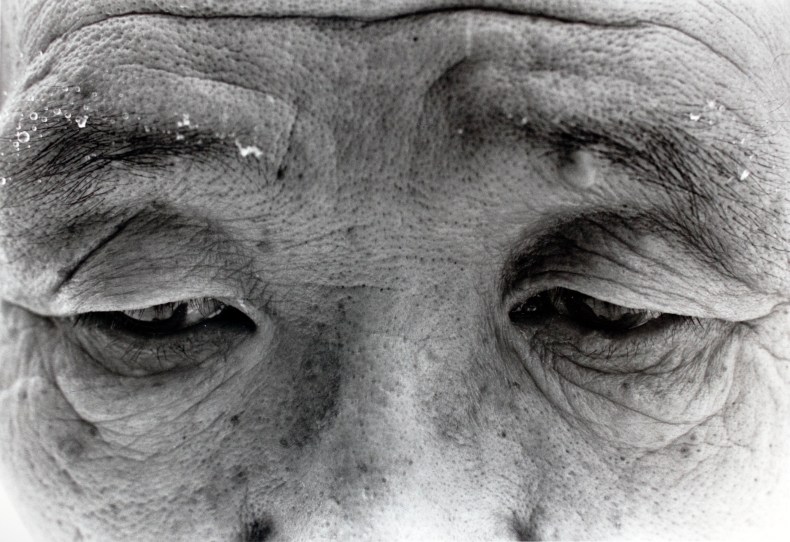
Memories of Father (n.d.), Masahisa Fukase Courtesy of Masahisa Fukase Archives.
Audrey Tautou: Superfacial
Jean-Pierre Jeunet’s film Amélie (2001) made Audrey Tautou an international star. A few kilometres out of town, at the majestic Abbaye de Montmajour, Tautou tackles the subject of self-image and celebrity in the first ever exhibition of her own photographs. In the opening section she turns the gaze back to journalists, photographing them in soulless hotel suites. Then in a series of self-portraits, she plays with her own representation, dressing up in soldier’s uniform or appearing naked . In the final section, she uses a stop-motion camera to record her movements around a house – using the same techniques as nature programmes do to follow animals.
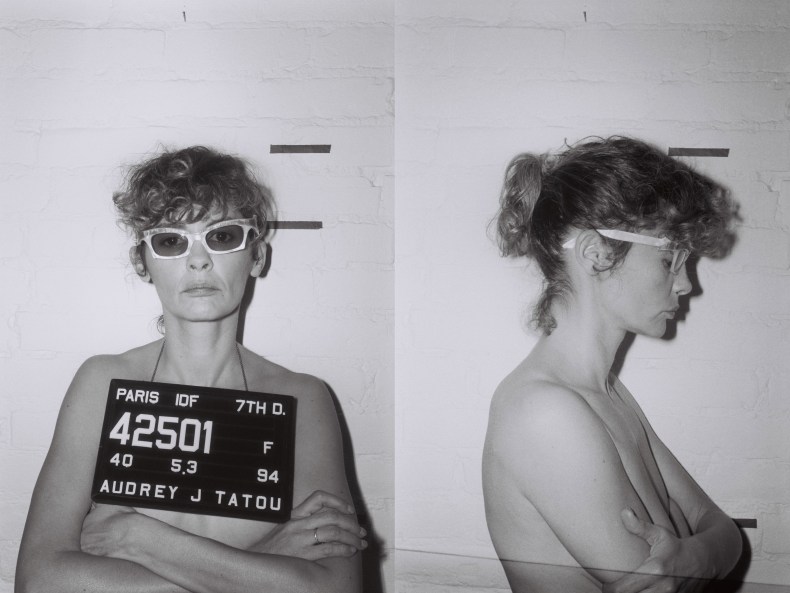
Untitled (n.d.), Audrey Tautou. Courtesy the artist
‘Les Rencontres d’Arles’ is at various venues in Arles until 24 September 2017.














![Masterpiece [Re]discovery 2022. Photo: Ben Fisher Photography, courtesy of Masterpiece London](http://zephr.apollo-magazine.com/wp-content/uploads/2022/07/MPL2022_4263.jpg)
‘Like landscape, his objects seem to breathe’: Gordon Baldwin (1932–2025)